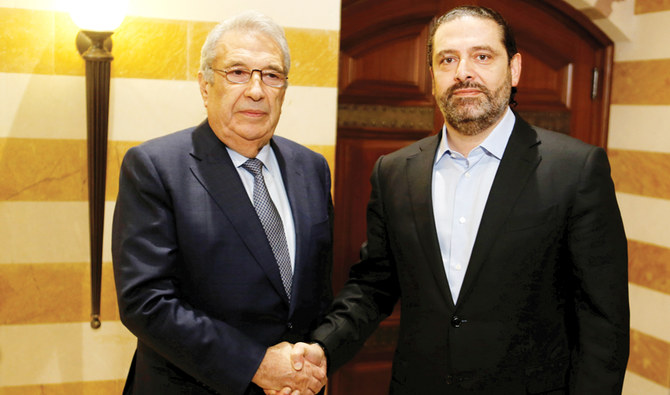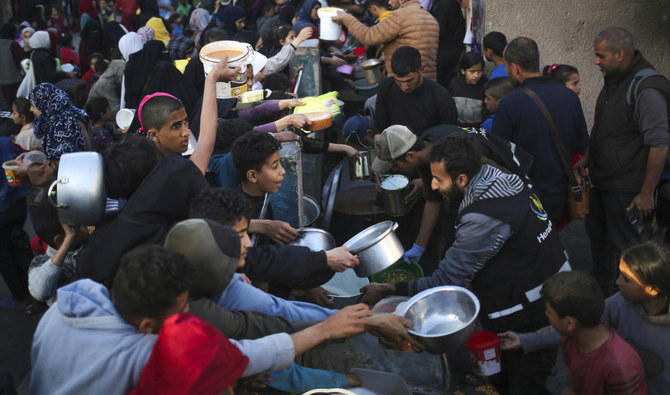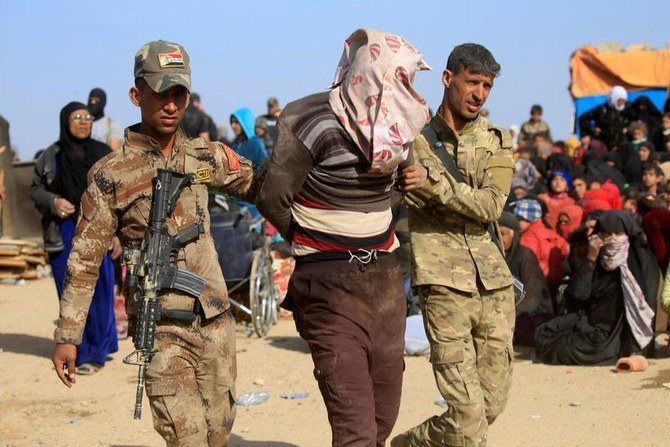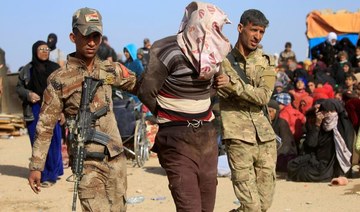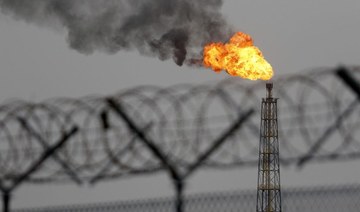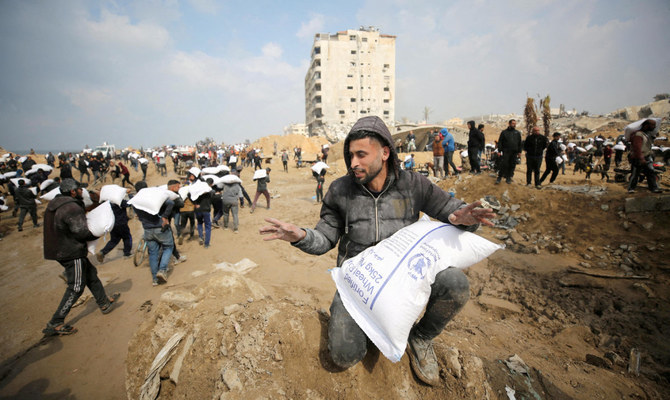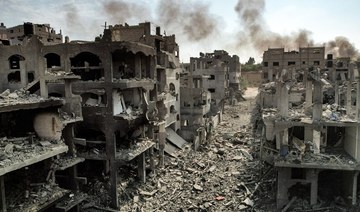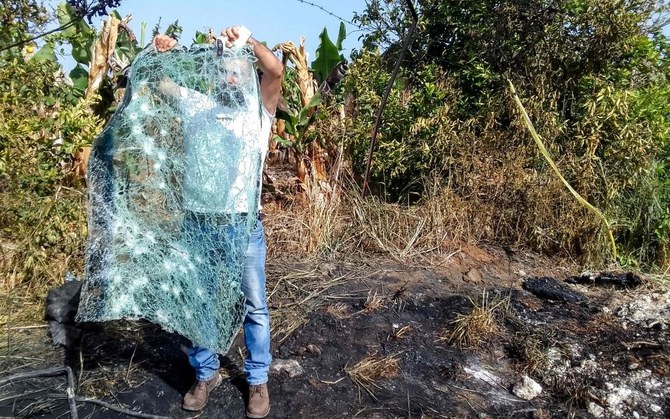BEIRUT: France will on Wednesday host an International Support Group (ISG) meeting dedicated to helping crisis-hit Lebanon form an “effective and credible” new government.
Lebanese President Michel Aoun has told UN Special Coordinator for Lebanon Jan Kubis that an official delegation from his country would be attending the gathering in Paris.
Head of Hezbollah’s parliamentary bloc, Mohammed Raad, said it could take “a month or two” to find a solution to the situation but added: “We are ready to make concessions but not at the expense of the national sovereignty and integrity.”
The Paris meeting comes as Lebanon faced more political uncertainty after parliamentary consultations to name a new prime minister were postponed.
Businessman Samir Khatib on Sunday withdrew as a candidate to be the country’s next premier, instead announcing his backing for caretaker PM Saad Hariri to form a new government.
The French Ministry of Foreign Affairs announced that Wednesday’s talks would “call on the international community of Lebanon to form an effective and credible government.”
According to his media office, Aoun hoped the meeting would “lead to results that truly translate the support of the ISG member states, especially amid the delicate economic conditions in Lebanon.”
Kubis told Aoun that the meeting would “reflect ISG member states’ commitment to helping Lebanon.”
Meanwhile, Khatib’s decision to quit came after he visited Lebanon’s highest Sunni authority, Grand Mufti Sheikh Abdellatif Deryan, who told him a consensus had been reached to name Hariri as prime minister. Hariri resigned a month ago from the post following widespread street protests over government corruption and economic hardships.
Hariri had said he would only lead a new administration of experts, while Aoun with the Free Patriotic Movement (FPM), Hezbollah and Amal Movement had insisted on a technopolitical government which demonstrators were against.
Parliament Speaker Nabih Berri invited “the caretaker government led by Hariri to assume its responsibilities fully until a new PM is designated and receive the international positive climate.”
However, Raad said: “The situation has changed. We will find a solution for the government issue. It might take us a month or two, but we will reach a solution. The issue is not whether we form a government or not but lies mainly in the economic situation.
“We will not discuss conditions that make Lebanon’s policy dependent of another state.”
Although wanting a government of experts, protesters were divided over the nomination of Hariri.
Public affairs expert and activist, Walid Fakhreddine, told Arab News: “The civil movement is demanding an independent government of experts and Hariri is not independent of the ruling political class.”
He said the current political situation was “a manipulation inside a political conflict in Lebanon that we are not part of. The civil movement refuses to have representatives of the revolution inside this government.”
Activist, Dr. Ziad Abdel Samad, said: “The civil movement wants a PM who is independent of the ruling political class. The head of the Christian Phalange Party suggested yesterday the name of former ambassador to the UN, Nawaf Salam, who is currently a judge at the International Court of Justice, to lead the government, which is acceptable given Salam’s competencies.
“But what is not acceptable is forming a government of political parties’ members who have failed to lead the country since they came to power 15 years ago and since the election of President Aoun.”



